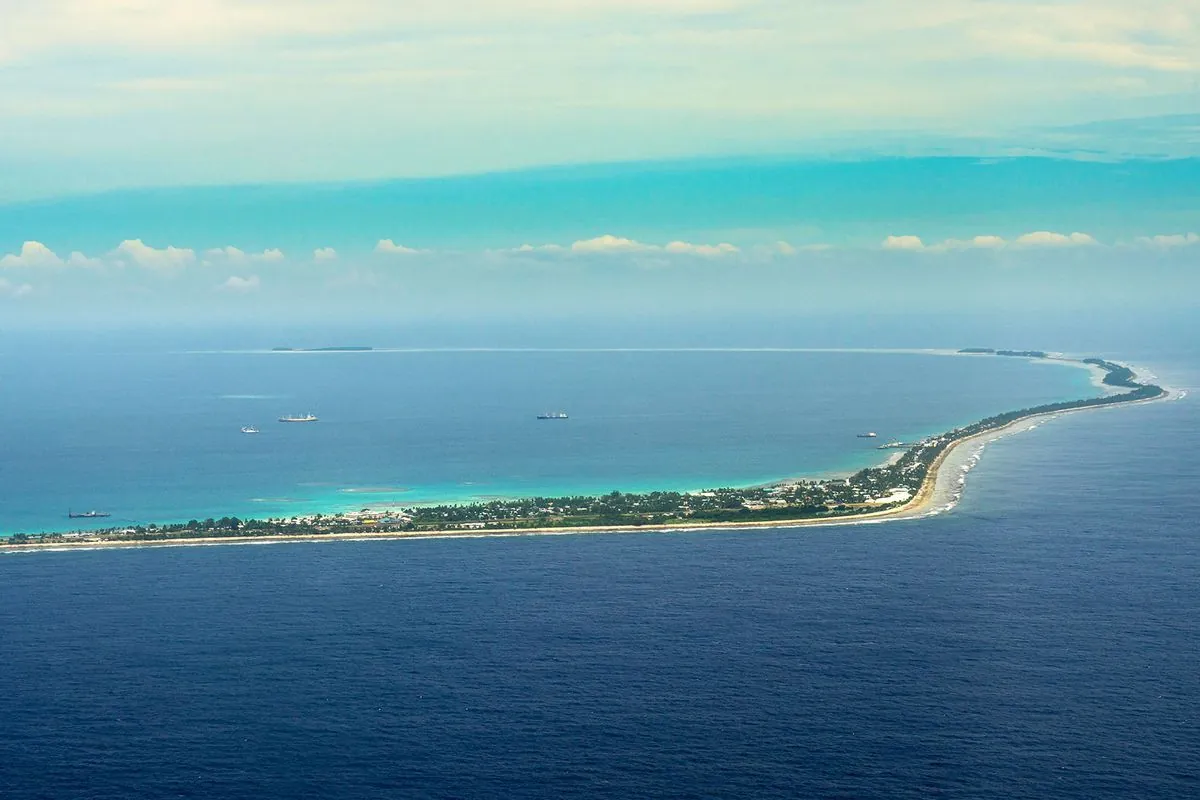The small Pacific island nation of Tuvalu faces an unprecedented challenge as rising sea levels threaten its very existence. This situation has placed a heavy burden on the country's youth, who must contemplate a future that may require them to leave their ancestral home.
Grace Malie, a 25-year-old Tuvaluan, exemplifies this dilemma. As a representative at a special UN General Assembly summit on sea level rise, she grapples with the decision of whether to remain on her shrinking island or relocate to Australia under a negotiated "Plan B" agreement.
Tuvalu, with a land area of just 26 square kilometers and a population of around 11,000, is particularly vulnerable to climate change impacts. The country's highest point is a mere 4.6 meters above sea level, making it one of the most at-risk nations globally.
The summit aims to address the unique challenges faced by small island states like Tuvalu. A key focus is maintaining national sovereignty even as territories become uninhabitable due to rising seas. Kamal Amakrane, managing director of the Global Center for Climate Mobility, emphasizes that this is not about giving up, but about preserving agency and identity.
For Tuvaluans, the decision to stay or leave is deeply personal and emotionally charged. Maina Talia, Tuvalu's Climate Minister, expresses concern about his children's future and the potential loss of their cultural identity if they relocate. This sentiment echoes throughout the Tuvaluan community, as they struggle to balance preserving their heritage with ensuring a safe and sustainable future.
"This is not about leaving. This is not about giving up. This is not about giving in. This is about agency."
Tuvalu's situation differs from other climate-induced migrations. Unlike sudden displacements caused by extreme weather events, Tuvaluans face a gradual, long-term decision-making process. This unique circumstance allows for planning but also creates a persistent psychological burden for the younger generation.
Despite the challenges, Tuvalu is actively seeking solutions. The country has established the world's first national adaptation fund for climate change and is exploring innovative ideas like floating islands. Tuvalu's proactive stance in international climate forums demonstrates its commitment to preserving its sovereignty and culture.
As the international community grapples with the implications of climate change on national sovereignty, the experiences of Tuvaluans like Grace Malie serve as a poignant reminder of the human cost of rising sea levels. The outcome of this UN summit could set important precedents for how the world addresses the needs of climate-vulnerable nations in the coming decades.
